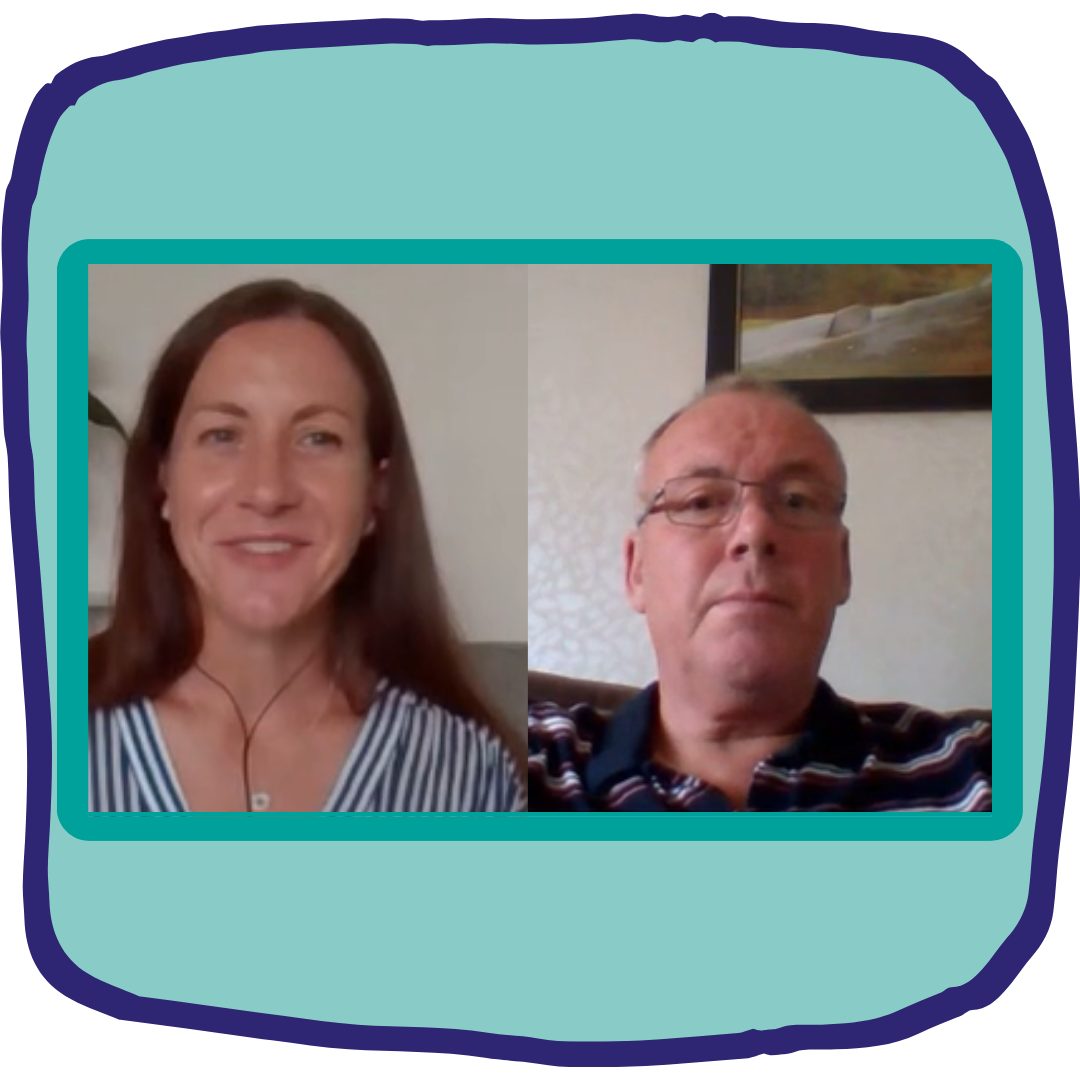We are incredibly grateful to everyone who has chosen to share their Pelvic Radiation Disease (PRD) experiences with us. Your stories help to raise awareness of PRD and offer valuable insight into the real life experience of people living with PRD.
You are welcome to share your PRD story, whether it is you or someone close to you who is affected by PRD.
Some of the content within these stories may be difficult for some people to read due to references to specific symptoms and experiences of PRD. These include difficulties with bladder and bowel control, sexual function, fertility, and mobility, as well as social isolation and mental health issues. If the content of these stories is distressing, or you need support with PRD, please visit the How We Can Help menu of our website.
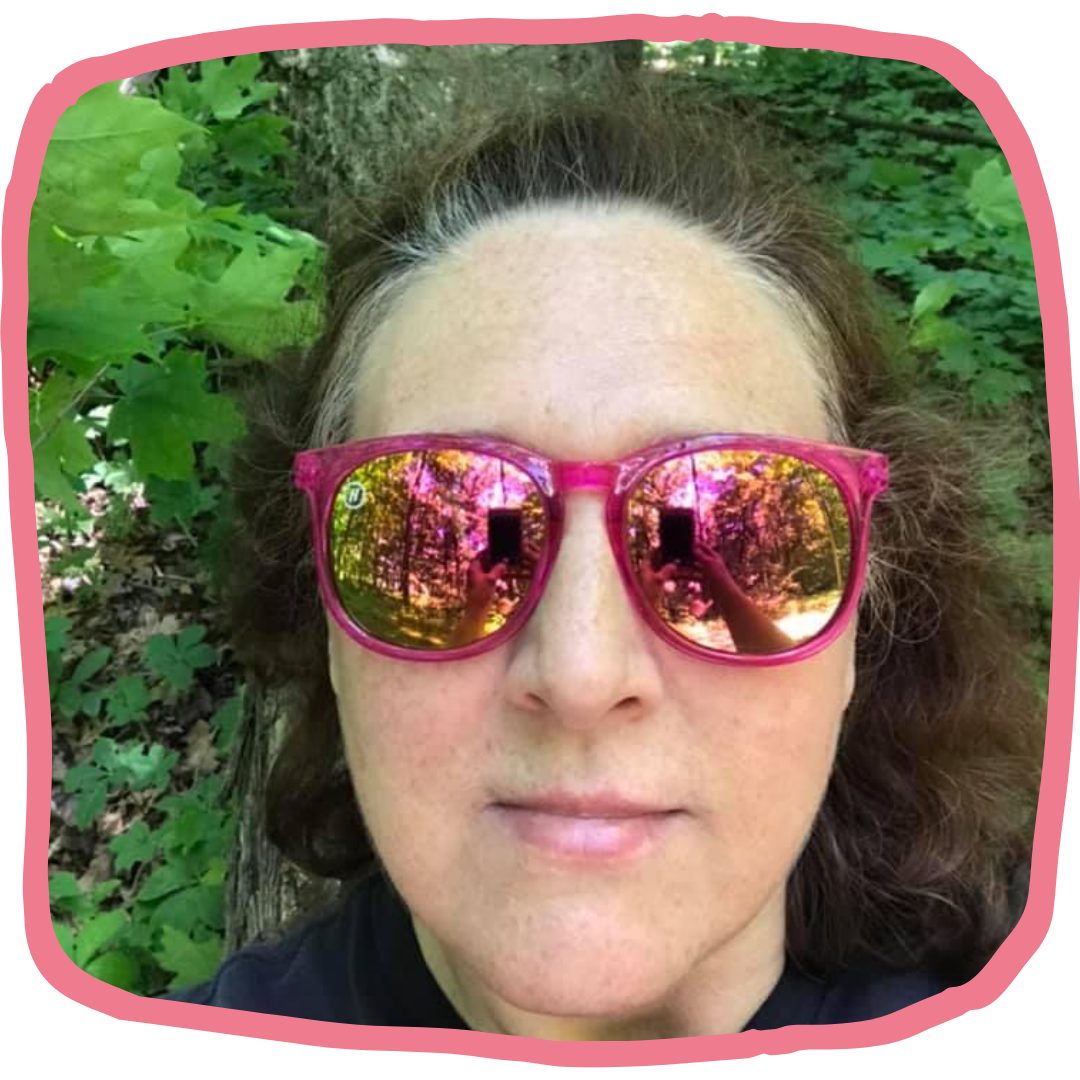 Linda was treated in 1998 for cervical cancer and now lives with PRD. Linder talks about the impact of Radiation-induced lumbar plexopathy.
Linda was treated in 1998 for cervical cancer and now lives with PRD. Linder talks about the impact of Radiation-induced lumbar plexopathy.
“I fell backwards and broke my ankles because of the weakening and crumbling of my bones due to the radiation.”
“This photo is from the last time, about three years ago, that I actually was able to get out into the woods. It was taken about two months before my official diagnosis so it holds significant meaning for me.”
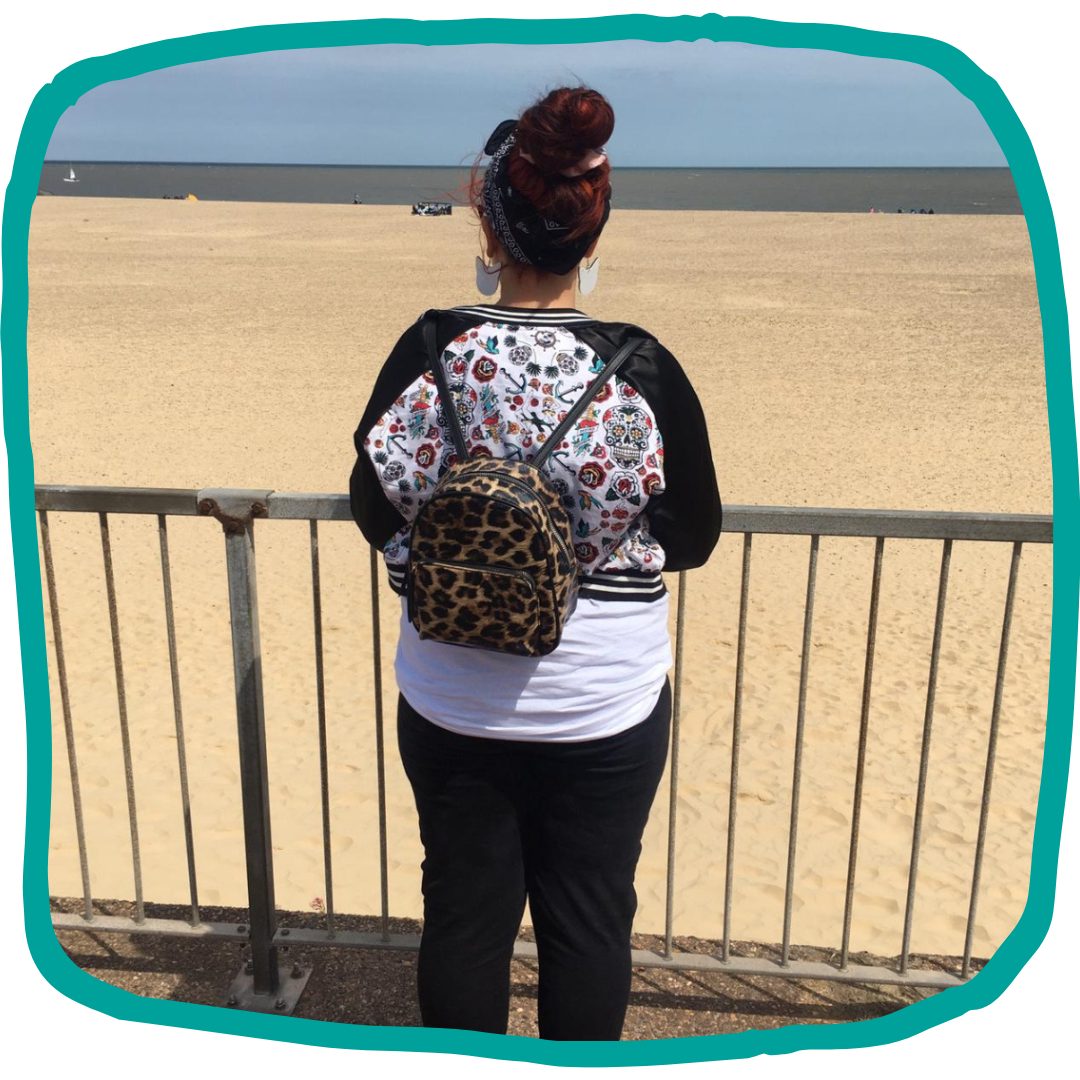 May was treated for stage 2b cervical cancer in 2015 and shares how her PRD symptoms started just a few months after her treatment ended. Although May doesn’t talk openly about sexual relations, she has courageously shared her experience in order to help others.
May was treated for stage 2b cervical cancer in 2015 and shares how her PRD symptoms started just a few months after her treatment ended. Although May doesn’t talk openly about sexual relations, she has courageously shared her experience in order to help others.
“I don’t think anyone really understands that I can’t “do it” ever again.”
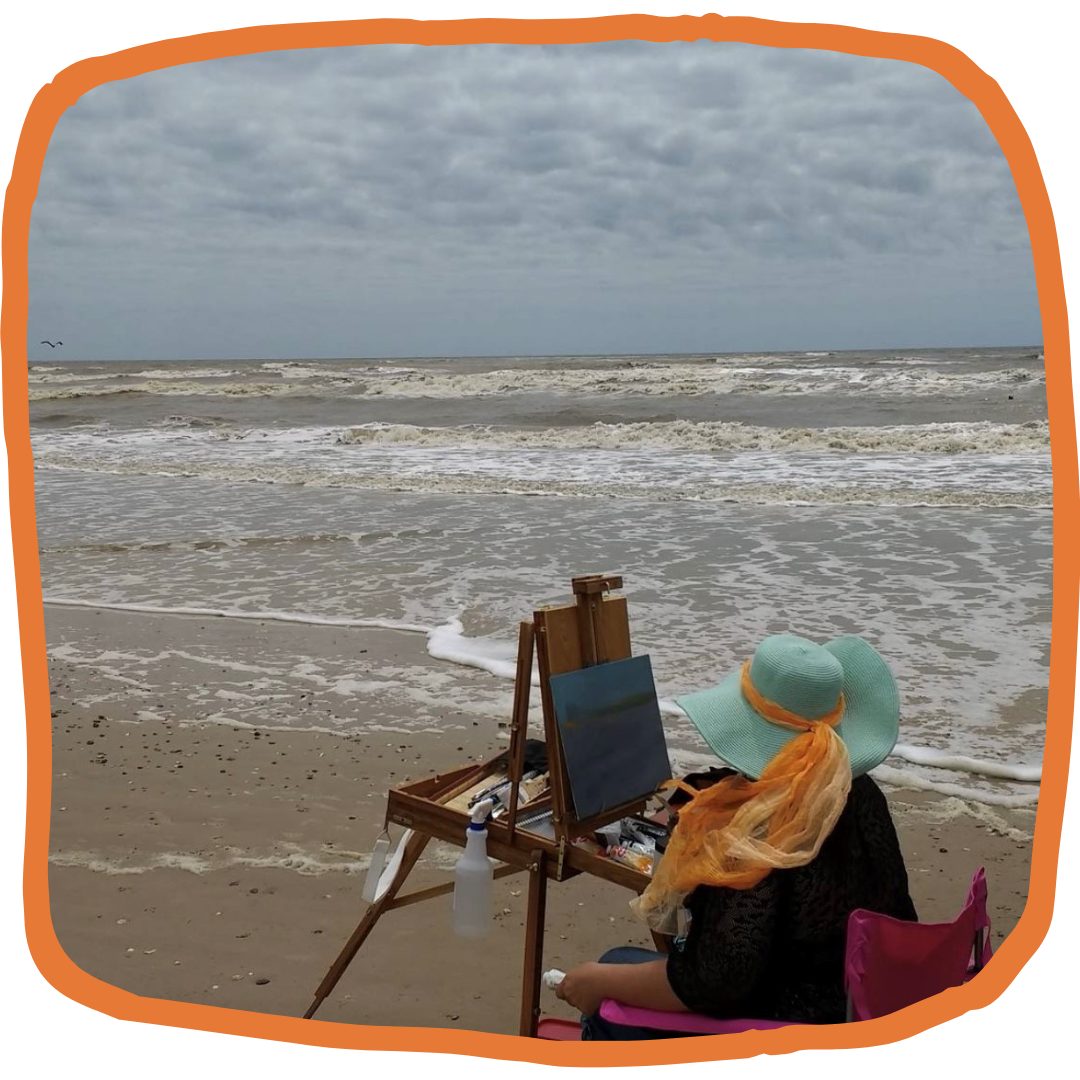
Dana talks about the impact PRD has had on work life, mental health and day-to-day life following treatment for anal cancer. “A lot of people think once the cancer treatment is over that you are better, and you are back to what you were before: that is not the case for some of us.”

After ten years living with PRD, Milena found PRDA, and joined our Patient Advisory Group. She decided to tell her story to help other people living with symptoms of late-effects. Milena wants to open up more conversations about sexual problems, as they are rarely talked about but can hugely effect people’s lives.
“It was a relief to talk to someone else who had the same sort of pain and the same sort of issues as me. I just recognised it when she spoke and I thought, ‘yes, that’s my experience’.”

“Finding PRDA made me feel so relieved. It was similar to when I discovered Maggie’s. All of a sudden, you’ve got a great big hug! It’s not just you, there are other people like you. There’s a group of people that know exactly what I’m going through. The PRDA want to help others; they want to educate health professionals…”

Willie developed problems after radiotherapy for prostate cancer, and is sharing his story in order to help raise awareness of Pelvic Radiation Disease.
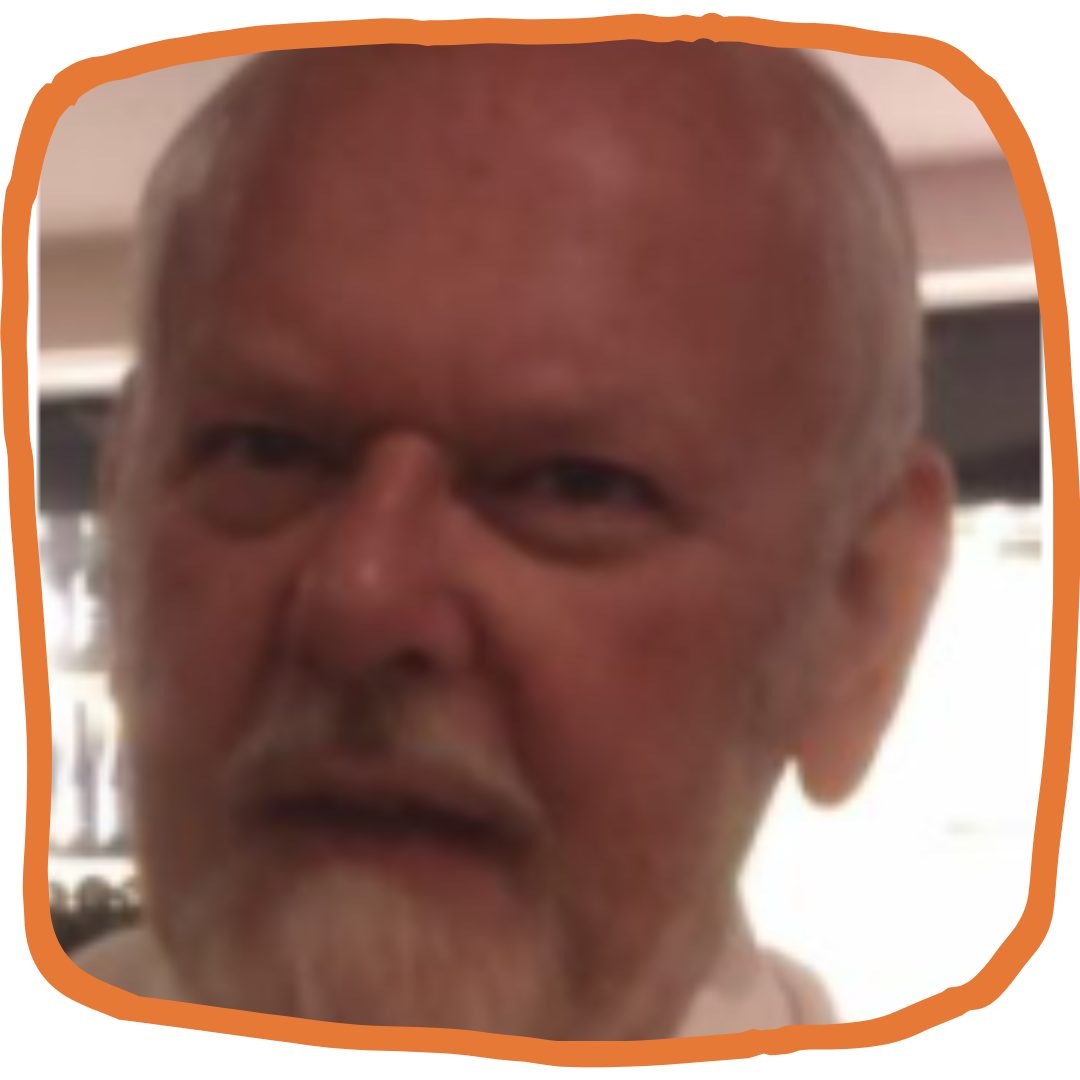
Keith is happy to share his story because, while he had been through a difficult time with PRD, he has a ‘happy ending’ and is back to enjoying life with his wife and family.
 Rhea was 34 when diagnosed with locally advanced cervical cancer in 2016. After treatment, which included chemotherapy, radiotherapy and brachytherapy, she experiences many symptoms of PRD.
Rhea was 34 when diagnosed with locally advanced cervical cancer in 2016. After treatment, which included chemotherapy, radiotherapy and brachytherapy, she experiences many symptoms of PRD.
Tim shares his story 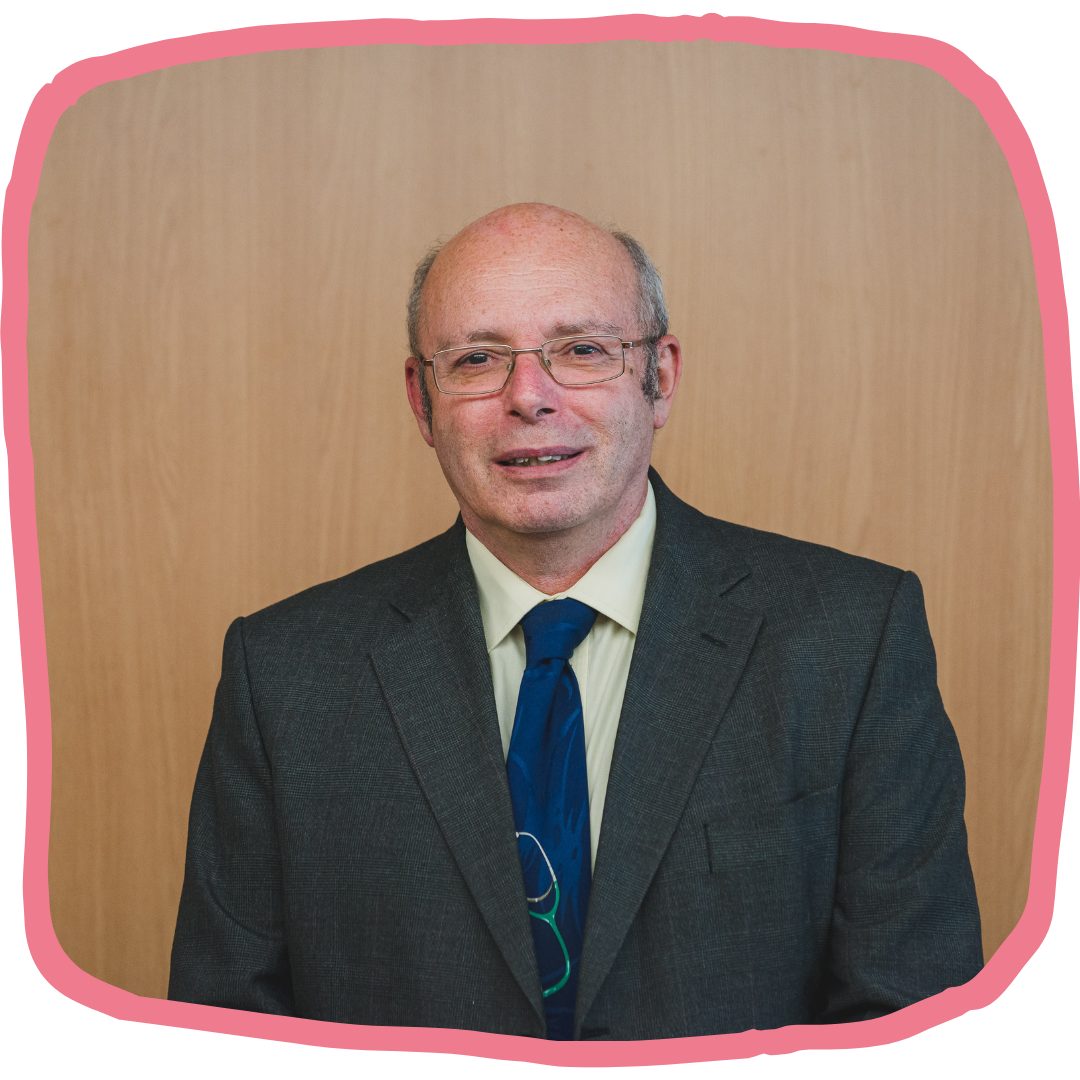 of how taking up running and getting involved with PRDA have helped him in all sorts of ways following his radiotherapy for prostate cancer.
of how taking up running and getting involved with PRDA have helped him in all sorts of ways following his radiotherapy for prostate cancer.
As part of our Media Library, we have recordings of conversations with people discussing their experience living with PRD which featured in our past Annual Conferences.
Living with Pelvic Radiation Disease – taken from our 2022 Annual Conference recordings.
Catherine Sharma in conversation with Stephen, who shares his experience of living with Pelvic Radiation Disease. Catherine Sharma is an Information and Support Radiographer at Nottingham Late Effects Service.
Meeting the needs of people with psychosocial difficulties due to Pelvic Radiation Disease – taken from our 2021 Annual Conference recordings.
Willie, a former PRDA Trustee, in conversation with Lisa Punt, a PRDA Trustee and Centre Head at Maggie’s Cambridge.
modified: 1st May 2024

